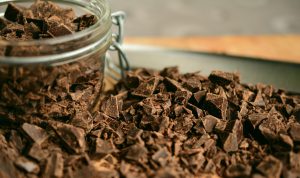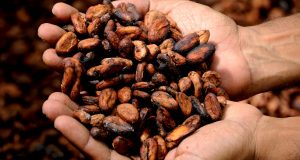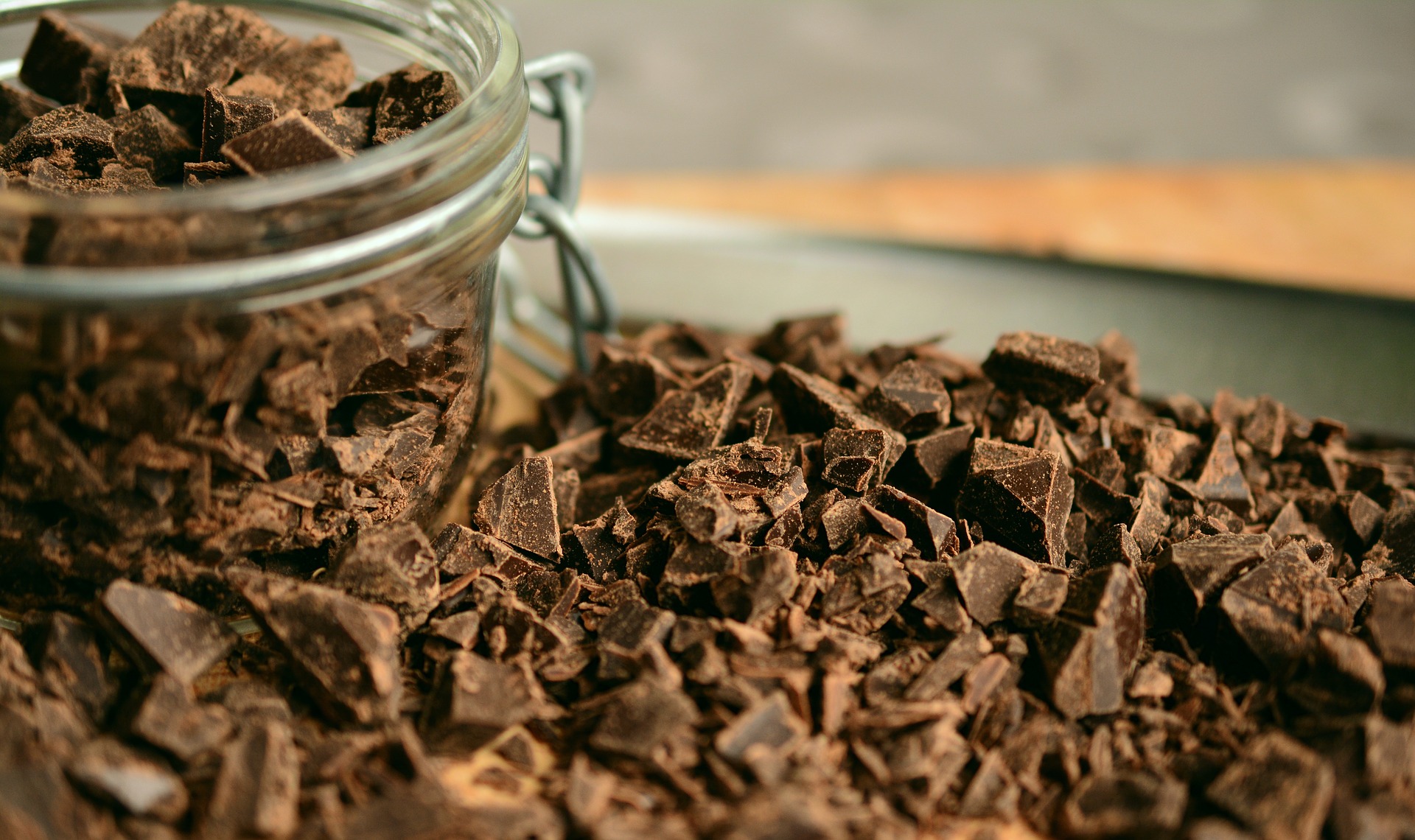
Chocolate. The one food preparation that has universal appeal. Made from the seeds of the cacao tree. Its discovery and use nowadays made a tremendous impact in our society in terms of how much of it we consume and how creative we have made use of it.
Chocolate creations ranging from your regular candy bars to elegant soufflés;this ingredient seems to be very versatile and is a sure hit once you use this in your cooking.
In baking circles- knowing the two major types of chocolate can help you in your quest for that perfect recipe you have been dreaming of making.
Compound chocolate vs. Couverture chocolate
Let’s start how the cacao bean is converted to chocolate. Discussing this will help you understand the difference between the two. Once the cacao beans have been harvested, its delivered to the manufacturers and they start the process of making the different kinds of chocolates.

The bean itself is naturally bitter and doesn’t come close to the taste of the chocolates we know. Sweeteners like sugarcane or honey are added to the crushed beans. By adding cocoa butter or other kinds of fat to the existing cacao mass makes it possible to mold solid bars of chocolate.
This is the step where we start to diverge into the different kinds of chocolate. It’s the different kids of ratios of cocoa, cacao butter and sweeteners that make our chocolate.
Compound chocolate
This type is made from cocoa, sweeteners and vegetable fat that acts as the solidifying agent. Generally cheaper to manufacture and it doesn’t need tempering. As a baking ingredient, it can be easily melted and set.They are best used as a base for any recipe that requires chocolate.
Couverture chocolate
We now move to the second kind, the couverture and this is where most high-quality chocolates come from. It’s a blend of cacao, sweeteners and cocoa butter. But this kind of chocolate needs to be tempered when melted down.
Tempering-the process of ensuring that the cocoa butter solidifies evenly so that the end product is shiny and snaps when you bite on it.
They often used as frosting or as a ingredient to a complicated recipe like a soufflé.
We hope that this article clears up any questions you had about chocolate and what to use when baking. Leave us a comment or check out our blog if you want more articles like these or if you have any feedback to what we have just written.
The Bailiwick Team


Pingback: Different types of Ganache - The Bailiwick Academy
Pingback: Unusual Food Combinations that Work! - The Bailiwick Academy
Pingback: What is Ganache and How Do You Make It?